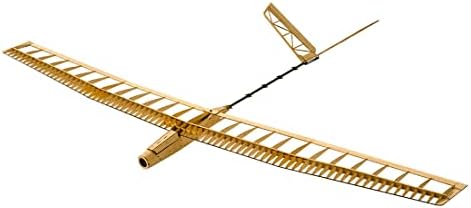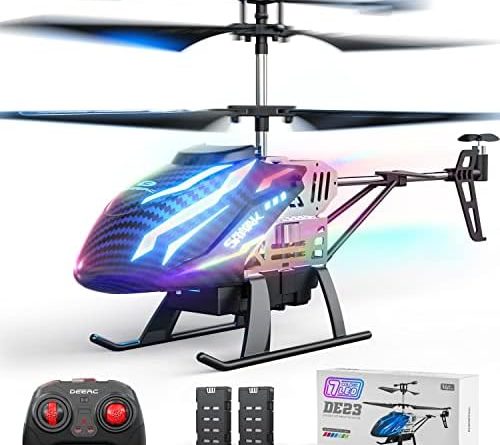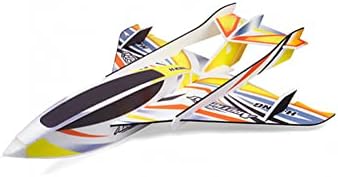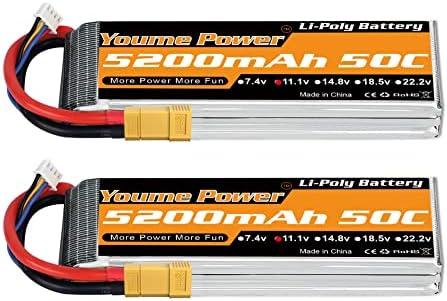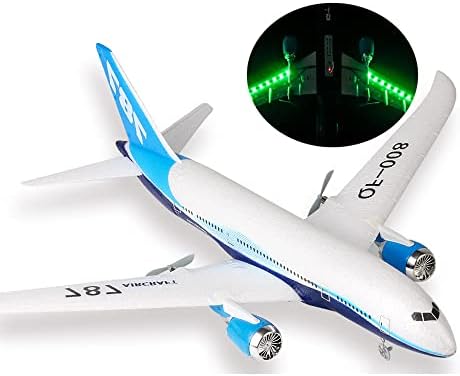






Table of Contents
Introduction to RC Plane Electric Motors
Remote control (RC) planes have been around for decades, but the technology has advanced significantly in recent years. An RC plane is a miniature aircraft that is powered by an electric motor and controlled by a radio transmitter. RC planes are great for hobbyists who want to get into the world of aviation without having to invest in a full-scale model aircraft.
Electric motors are the power source of choice for many RC planes, as they are lightweight, efficient, and relatively inexpensive. Electric motors come in a variety of sizes and power outputs, and are capable of propelling an RC plane through the air at impressive speeds. In this article, we’ll take a look at the different types of electric motors available for RC planes, and discuss the benefits and drawbacks of each.
Types of Electric Motors for RC Planes
There are two main types of electric motors used in RC planes: brushless and brushed. Brushless motors are the most common type, and are typically more powerful and efficient than their brushed counterparts. Brushless motors are powered by a series of magnets and coils, and use electronic speed controllers (ESCs) to control their speed. Brushed motors, on the other hand, use brushes and a commutator to control their speed.
Brushless Motors
Brushless motors are the most popular type of electric motor for RC planes. They are lightweight, efficient, and can generate high levels of power. Brushless motors use a series of magnets and coils to generate power, and are controlled by an ESC. The ESC is responsible for controlling the speed of the motor, as well as the direction of rotation. Brushless motors are typically more expensive than brushed motors, but they are more efficient and can generate more power.
Brushed Motors
Brushed motors are the traditional type of electric motor used in RC planes. They use brushes and a commutator to control their speed, and are typically less expensive than brushless motors. Brushed motors are not as efficient as brushless motors, and are not capable of generating as much power. However, they are still a viable option for RC planes, and can be a great choice for hobbyists on a budget.
Benefits of Electric Motors for RC Planes
Electric motors offer a number of benefits for RC planes. They are lightweight, efficient, and relatively inexpensive. Electric motors are also easy to maintain, as they do not require any special tools or expertise. Additionally, electric motors are quiet, making them ideal for flying in residential areas.
Drawbacks of Electric Motors for RC Planes
Electric motors do have some drawbacks for RC planes. They are not as powerful as gasoline-powered engines, and are not capable of propelling an RC plane at the same speeds as a gasoline-powered engine. Additionally, electric motors require batteries, which can be heavy and add extra weight to the plane.
Conclusion
Electric motors are a popular choice for RC planes, as they are lightweight, efficient, and relatively inexpensive. Brushless motors are the most common type, and are capable of generating more power than brushed motors. Electric motors offer a number of benefits for RC planes, but they do have some drawbacks as well. Before choosing an electric motor for your RC plane, it is important to consider your budget and the power requirements of your plane.
FAQs
Q: What is an RC plane?
A: An RC plane is a miniature aircraft that is powered by an electric motor and controlled by a radio transmitter.
Q: What are the different types of electric motors for RC planes?
A: The two main types of electric motors for RC planes are brushless and brushed motors. Brushless motors are the most common type, and are typically more powerful and efficient than their brushed counterparts.
Q: What are the benefits of electric motors for RC planes?
A: Electric motors offer a number of benefits for RC planes. They are lightweight, efficient, and relatively inexpensive. Electric motors are also easy to maintain, as they do not require any special tools or expertise. Additionally, electric motors are quiet, making them ideal for flying in residential areas.
Q: What are the drawbacks of electric motors for RC planes?
A: Electric motors do have some drawbacks for RC planes. They are not as powerful as gasoline-powered engines, and are not capable of propelling an RC plane at the same speeds as a gasoline-powered engine. Additionally, electric motors require batteries, which can be heavy and add extra weight to the plane.
Q: What should I consider before choosing an electric motor for my RC plane?
A: Before choosing an electric motor for your RC plane, it is important to consider your budget and the power requirements of your plane. Additionally, it is important to consider the size and weight of the plane, as this will determine the type and size of electric motor that is best suited for your plane.
Price: $17.99
(as of Feb 19, 2023 22:32:02 UTC – Details)


